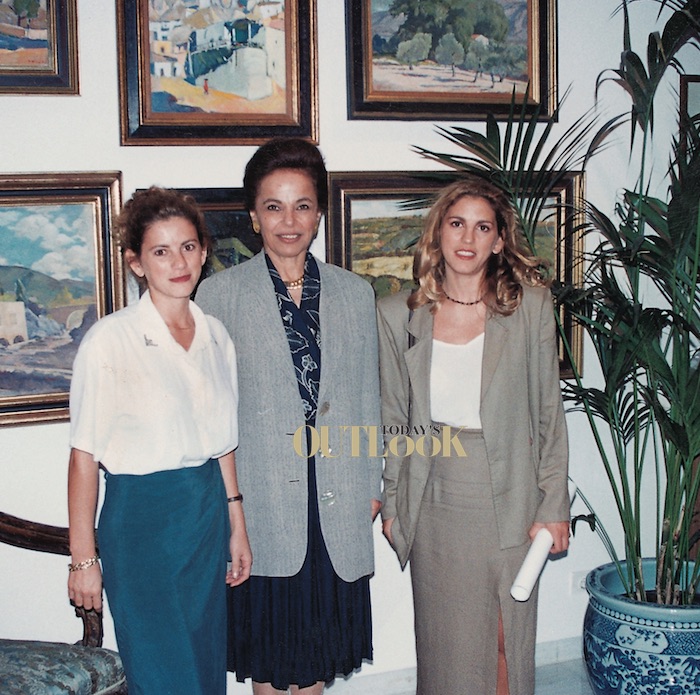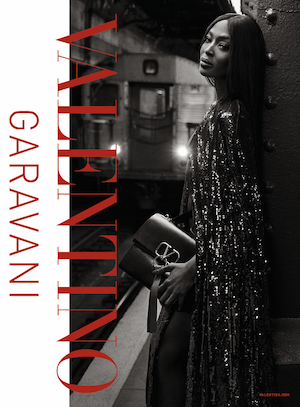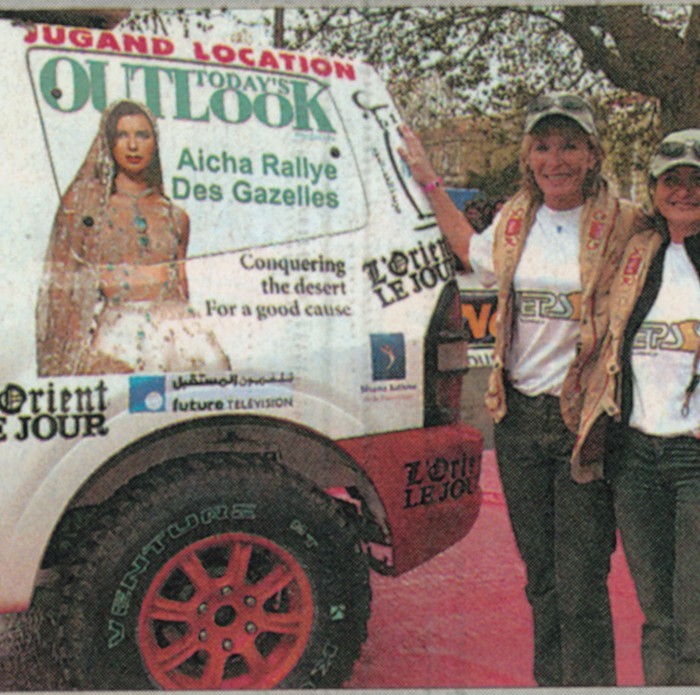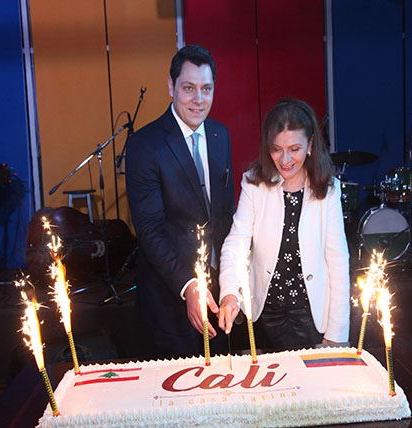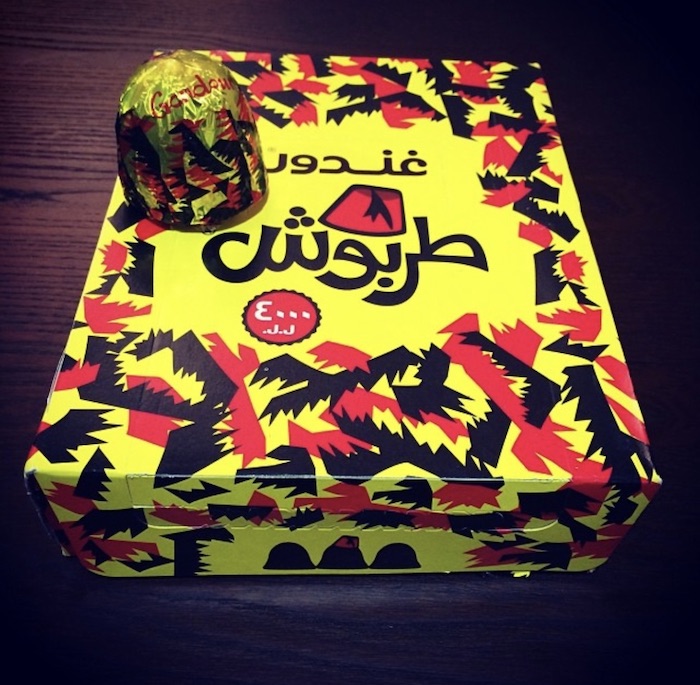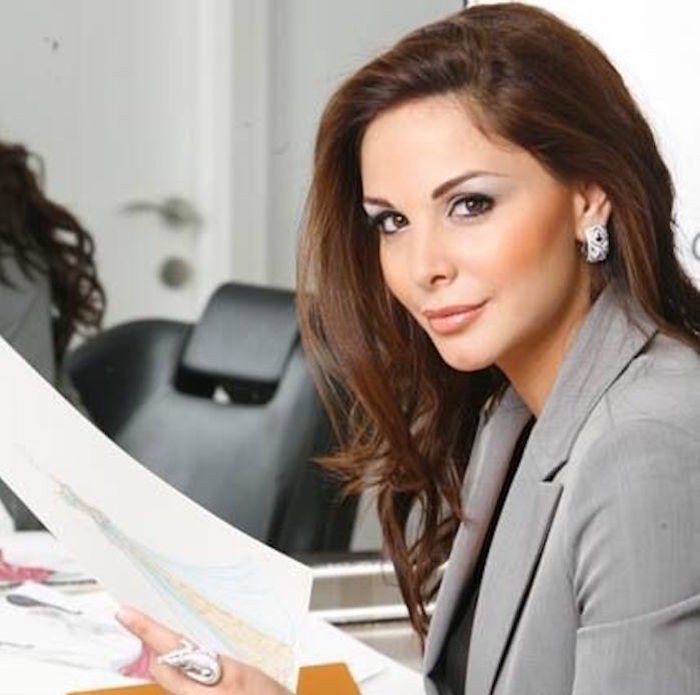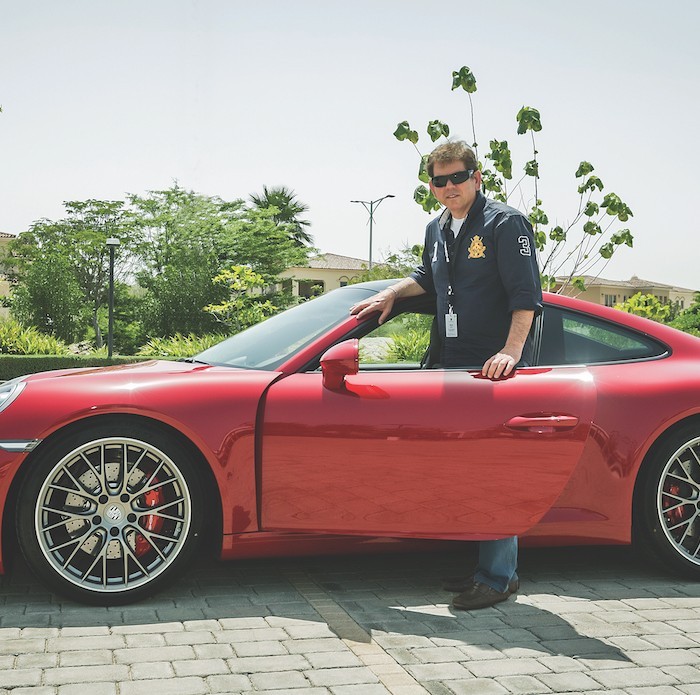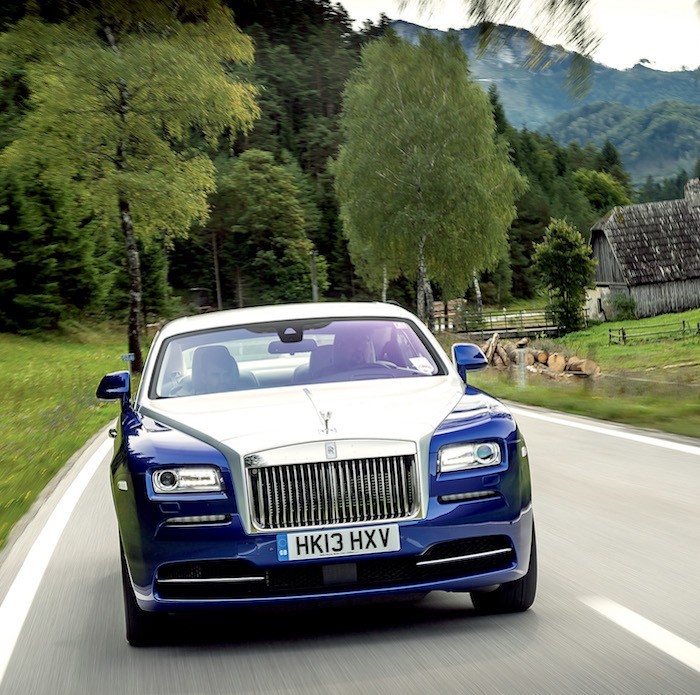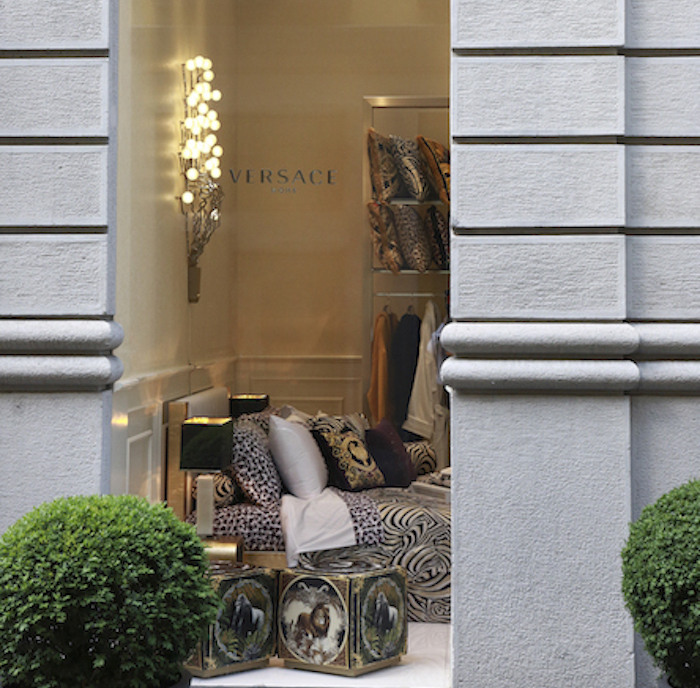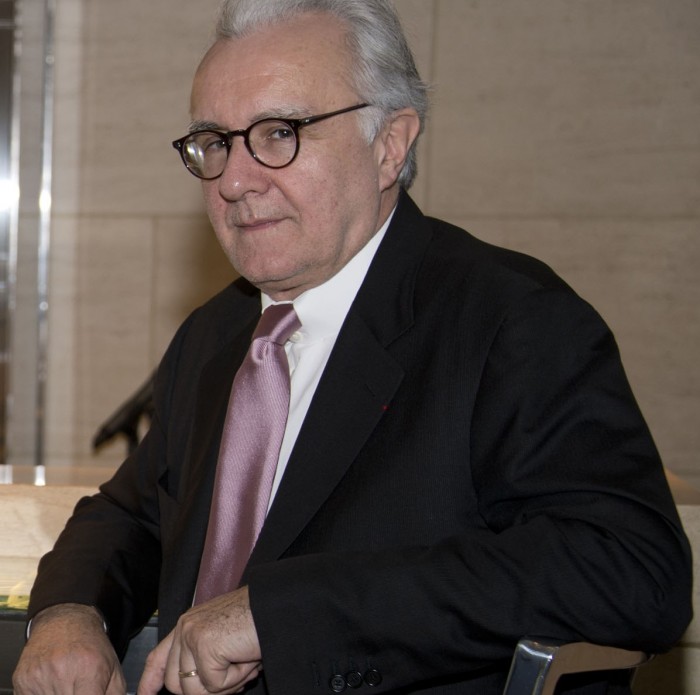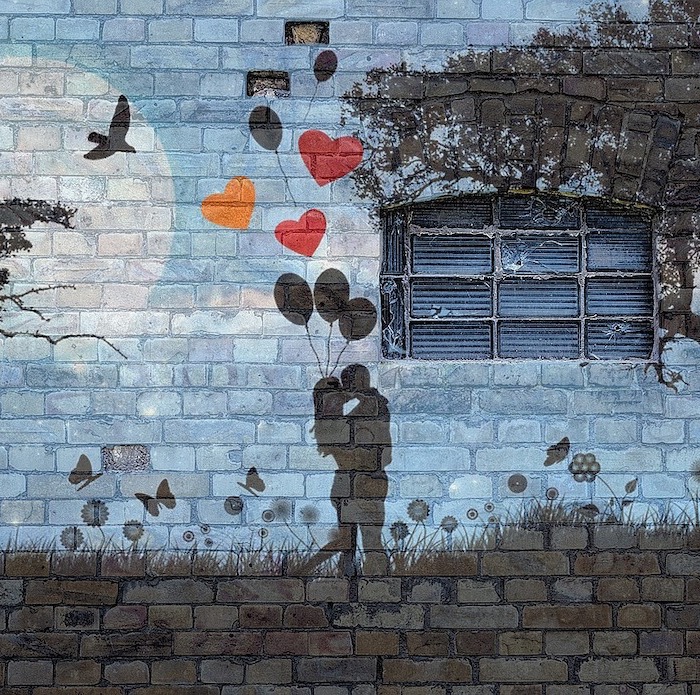Lifestyle
Nayla Mouawad – life’s most valuable lessons
Ghana Harb Conord
November 21, 2003
There would appear to be many Nayla Mouawads. If we were to tell you we had interviewed Nayla Mouawad, you might ask whether we had spoken with Nayla Mouawad the politician? The mother? Grandmother? Did we mean former First Lady Nayla Mouawad? Or the feminist activist? They are, of course, all one and the same – a woman who has worked, and continues to work, tirelessly for the country she loves.
The politician
As a Member of Parliament, Mouawad’s many projects keep her so busy that seven days in a week are simply not enough. On weekdays, she can usually be found in a committee room somewhere. Mouawad serves on the Financial Committee, and heads the Committee for the Rights of Women and Children. She’s even a member of the Telecommunications Committee, although she admits she spends less time in that one. Even when the rest of us leave work behind and head home for the weekend, Mouawad is still on the job, making visits and receiving visitors in the North of Lebanon.
Politics – particularly in Lebanon – is still very much a man’s world. So how difficult is it to be a woman in that environment? For Mouawad, there is no difficulty at all. As a journalist before her marriage, she had interacted with members of parliament and become familiar with Lebanese politics. As the wife of former President René Mouawad, she saw the workings of government at even closer range, and by the time she entered the political arena herself she already knew many of the country’s politicians, who had been friends and colleagues of the former president. “I felt quite at ease because of the affection of the people and the respect I received because I was the wife of René, who gave his heart to Lebanon,” she said.
In her political life, Mouawad endeavors to stay true to her principles. “I’m very much committed to democracy, to people’s freedom, access to health and education,” she said. Mouawad is also convinced that if Lebanon is to succeed economically or developmentally, there needs to be a much greater emphasis placed on developing the country’s human resources.
Of the state of Lebanon’s education system, Mouawad does not mince words. “It’s a disaster,” she lamented. “Not only do we not have enough schools, but until very recently, I don’t think our budget reflected our concern about education. The curriculum did not emphasize human resources development enough – this needs to be compulsory. Schools aren’t just rooms, they are places where people should develop mentally, physically and intellectually,” she stressed.
René Mouawad Foundation
The René Mouawad Foundation was established in 1990 to perpetuate President Mouawad’s name and his vision, through a variety of activities and programs ranging from humanitarian and educational to agricultural. So far the foundation has established a large medical clinic in Zgharta, in Lebanon’s north, and three mobile clinics that service a number of remote areas also in the north. Literacy campaigns, mainly focusing on women and children in Tripoli, have also been launched by the foundation.
Given that less than 1% of the national budget is devoted to agriculture, the foundation has created a program that focuses on the dairy industry. “We have a center where we’ve tried to improve the quality of our production,” said Mouawad. “We have people breeding cows and goats, and we have a small industry turning milk into cheese and ice-cream. So we’re working on three levels: improving production, improving planning, and marketing.”
To highlight the apolitical nature of the foundation, Mouawad pointed out that its activities were by no means confined to her political power base. “When an ambulance was donated to us from Australia, for example, we sent it to areas such as Akkar,” she explained. “For me it was symbolic to show that President Mouawad was for all of Lebanon, so I started with a region that basically was not our electoral area.”
As a woman
Even though Mouawad’s time is a very limited resource, she maintains time in her routine for family, particularly her grandchildren. “I start work a little later these days so I can spend time with my grandchildren. I see them mostly in the morning. Time with them gives me a feeling of responsibility – we have to work for their future,” she enthused.
What advice would Mouawad pass on to the Lebanese? “Have faith in Lebanon,” she said. “Nothing will be delivered to us on a silver platter. We have to come together, work together, and dedicate part of our time and energy to further the good of our country.”
But that’s not all life has taught Mouawad. “Life is a big learning institution,” she concluded. “It’s important to be modest about your knowledge and to understand that you always have to learn new things and deal with new situations.” A lesson worth learning.

